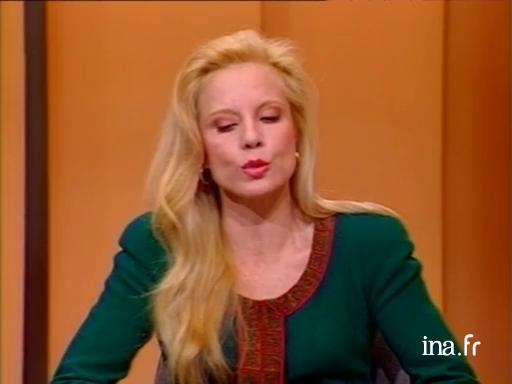Sylvie Vartan

Information
Conversation with Sylvie Vartan, who's back in Bulgaria for the first time since she fled the country at age 7 with her parents. She explains why she has always refused to go to Bulgaria as long as the country was under the yoke of communism, and talks about the pain of exile, the current state of her native country, and her plan to help Bulgarians in collaboration with the Red Cross.
Context
Born on 15 August 1944 in Iskretz, in Bulgaria, little Sylvie Vartan is only eight years old when she emigrated to France with her family. Her brother Eddie, an artistic consultant at RCA, helped her record her first single in 1961, as a duo with Frankie Jordan (Quand le Film est Triste). With support from radio (Franck Ténot and Daniel Filipacchi's "Salut les Copains"), Vartan quickly released albums (Sylvie in 1962, Twist et Chante in 1963) and soon spearheaded the new French 60's musical movement, along with Françoise Hardy and Sheila.
In 1964, she shared the bill at the Olympia with the Beatles, and recorded her biggest success La Plus Belle Pour Aller Danser. In 1956, her marriage with Johnny Hallyday, France's rising rock star, was a genuine nationwide event. The hits kept coming (Comme un Garçon (1967)) but her career got a boost in 1970 when she met choreographer Jojo Smith and her singing evolved more toward an "American-oriented" music-hall and big show style. This sophisticated and very professional style helped her become one of the world's most popular variety music artists of the 70s and 80s.
Elected to the Order of Arts and Literature in 1985, decorated by the National Order of Merit in 1987 and the Legion of Honour in 1998, Sylvie Vartan also received the highest Bulgarian distinction in 2004, the Stara Plamina. She has been the WHO Goodwill Ambassador since 2005.




